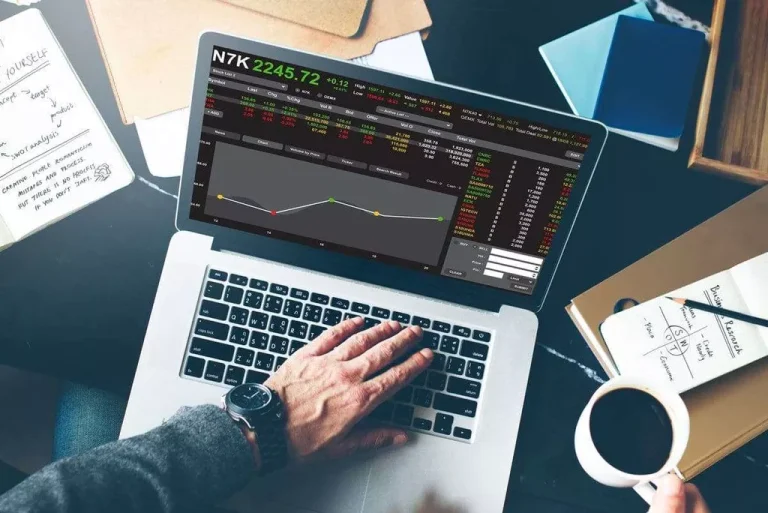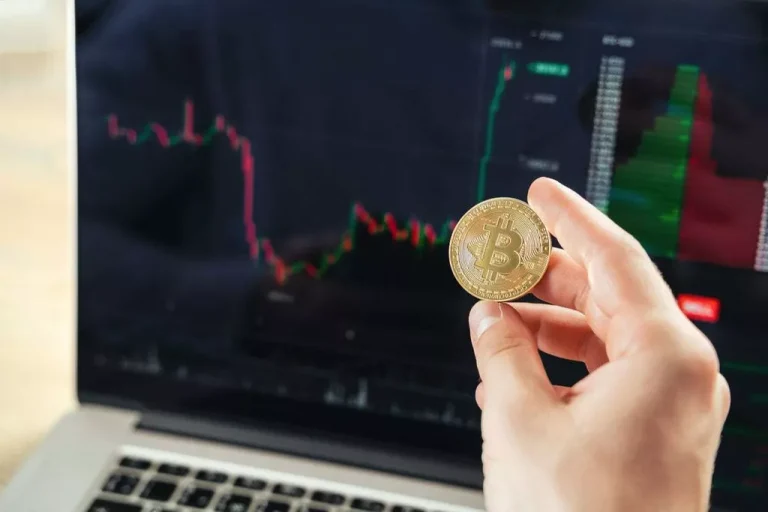The reputation of darkish swimming pools also stems from their particular trade execution formats and specialties. Some operate on a steady buying and selling basis throughout the day, while others are block trading-cross platforms. Some operate as non-displayed limit order books, while others execute orders on the exchange midpoint, and others that rapidly settle for or reject incoming orders.
Dark swimming pools stand in distinction to traditional “lit” pools, during which provides to buy or sell securities are made publicly and transparently. A dark pool presents the identical operate as your typical financial exchange markets but with a couple of very stark variations. Where your typical monetary exchange markets are strictly regulated, dark pools aren’t. The primary operate of dark pools is to permit traders to commerce with none public publicity until after they’ve executed and cleared their trade.

However, the secrecy of these details is essential to make certain that public markets do not receive this information. Also, information should be saved non-public from different dark pool traders dark pool meaning who can take the front runner and execute orders utilizing HFT expertise to capitalise on the deliberate block trade. One notable instance of darkish pool buying and selling is the case involving Barclays and Credit Suisse in 2016.
How Do Investors Earn Money In Dark Pool Trading?
This allows them to make trades with out having to explain their rationale as they look for patrons or sellers. In reality, dark pools are legal and absolutely regulated by the Securities and Exchange Commission. Dark swimming pools enable traders to make block trades with out having to publicize the buy/sell worth or the number of shares traded to the public.
There are several actions that would set off this block including submitting a sure word or phrase, a SQL command or malformed information. Charts with clear entry and exit factors, delivered by confirmed, funded traders. All critiques, analysis, news and assessments of any type on The Tokenist are compiled using a strict editorial review course of by our editorial staff. Neither our writers nor our editors receive direct compensation of any sort to publish information on tokenist.com.
How Do I See What Portion Of A Stock’s Trades Take Place In A Darkish Pool?
For info pertaining to the registration status of 11 Financial, please contact the state securities regulators for those states by which eleven Financial maintains a registration filing. A versatile author in a variety of ideas, specifically in Web3, FinTech, crypto and more https://www.xcritical.com/ up to date matters. I am dedicated to creating partaking content for various audiences, coming from my passion to learn and share my information.
However, there have been instances in the past the place bigger companies have carried out unethical trades that basically went against the interests of their very own shoppers. The lack of transparency and regulation with dark swimming pools have earned calls from key figures in finance to have these private exchanges be more carefully regulated. High frequency buying and selling companies can execute a strategy that is known as pinging.
What Is The Approximate Worth Of Your Money Savings And Other Investments?
Dark pool pricing methods are designed to take benefit of value discrepancies between the darkish pool and the general public market. By buying and selling anonymously, investors can avoid being targeted by high-frequency traders or different buyers who might seek to use their trading activity. Dark swimming pools work by matching consumers and sellers of securities privately, without revealing the identity of the parties or the details of the commerce to the broader market. Regardless, darkish pools still exist in even probably the most superior economies and their trading volume is substantial.

If a selection of bigger establishments decide to dump inventory well below the public market change value, retail investors are then at a disadvantage and may lose out significantly with their capital investments. As we are ready to see right here, the dearth of transparency in darkish swimming pools is each a blessing and a curse, depending on the place you end up within the market. Because of their sinister name and lack of transparency, dark swimming pools are often considered by the basic public to be dubious enterprises.
This provides them an extra advantage to multiply their features over other traders. Dark pools and different types of private exchanges work by way of private brokers, who are topic to SEC regulations. Therefore, the US Securities and Exchange Commission controls these exchanges despite the lack of transparency and unfair alternatives it may create for large institutions.
Dark pools, also called black swimming pools, aren’t accessible by the public and don’t show their trades, not like the public stock market. They are operated by the most prominent brokers and even public exchanges like the Nasdaq because of the advantages they offer. However, it’s simple to make a case that they damage the market and are bad for retail traders. If you’re a retail investor, you are at an unfair disadvantage when using darkish swimming pools.

However, traders on a dark pool are typically acting prematurely of the market. The shares that you just purchase or sell today might swing wildly in price fairly quickly. Dark swimming pools, otherwise known as Alternative Trading Systems (ATS), are authorized non-public securities marketplaces. In a darkish pool buying and selling system, traders place purchase and promote orders without disclosing both the value of their trade or the variety of shares. The major cause that one would use a dark pool is because of the truth that giant orders have a limited impact on the higher market.
Dark pools are personal exchanges the place shares and different securities are traded amongst selected financial establishments, exchanges and important buyers. These swimming pools aren’t accessible to secondary markets and public traders, which triggers some criticism over the transparency of darkish swimming pools. The earliest dark swimming pools have been created by an organization called Instinet in the 80s. These various markets had been designed to assist institutions trade massive blocks of shares anonymously and in parallel to the public market. However, until the late 2000s, trading on these exchanges solely represented 4% – 5% of the whole buying and selling volume.
As a outcome, many really feel that they’re deprived by buyers who commerce on the exchanges. Contrast this with the present-day state of affairs, the place an institutional investor can use a dark pool to promote a block of one million shares. The lack of transparency truly works within the institutional investor’s favor since it might end in a better-realized worth than if the sale was executed on an change. Dark pool buying and selling is not inherently unsafe but as a smaller retail investor, there are a number of factors for you to contemplate. As we talked about earlier, bigger trading corporations can execute pinging tactics which could impression the pricing of the shares you are trying to buy. Dark Pools work by matching patrons and sellers anonymously and executing trades outdoors of public exchanges.
- It is doubtful that retail buyers could transfer the market with a single commerce, so seeking safety towards that may be a non-issue.
- The rule would require brokerages to ship shopper trades to exchanges rather than dark pools until they can execute the trades at a meaningfully better price than that obtainable within the public market.
- Dark pools, in any other case known as Alternative Trading Systems (ATS), are legal non-public securities marketplaces.
- However, this potential change to the dark pool alerts firms who raised considerations that it will change the dynamics and scene of dark pools, exposing giant corporations’ actions to the public.
Dark lit swimming pools are usually used by institutional traders who have to commerce massive blocks of securities and wish to decrease market impression and maximize anonymity. A lit darkish pool is a private exchange the place consumers and sellers can trade securities anonymously, however the details of the transactions are made obtainable to the basic public. Dark pools are usually used by institutional traders, similar to mutual funds, hedge funds, and pension funds, who trade in giant volumes and seek to minimize market influence. Dark pools are privately held exchanges and markets where massive firms and financial establishments commerce varied asset courses and instruments. These swimming pools were founded within the Eighties to allow corporation commerce with less transparency whereas executing large orders, similar to promoting 500,000 shares or buying and selling orders valued at millions of dollars.

Dark pools began after the Securities and Exchange Commission (SEC) made a regulatory change in 1979. Traders wished decrease execution prices and didn’t need competitors to know what, when, the worth, and amount of devices they had been buying and selling. As a end result, dark swimming pools have been created so that costs were not publicly displayed.
It was also often referred to as “upstairs trading,” implying it was only for the massive boys, i.e., institutional buyers. Dark pools are privately organized exchanges that are used to trade financial securities. Unlike traditional exchanges, dark swimming pools aren’t out there to everyday retail traders. Instead, they’re meant for institutional buyers who regularly place massive orders for his or her clients. The function is to avoid affecting the market when these giant block orders are positioned.

